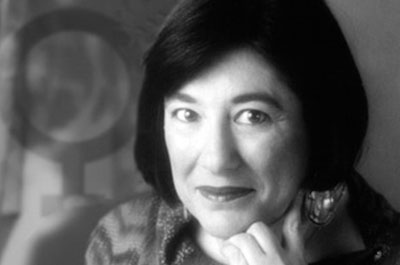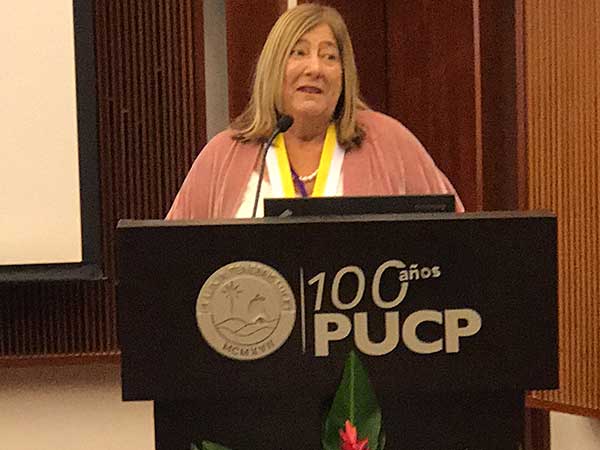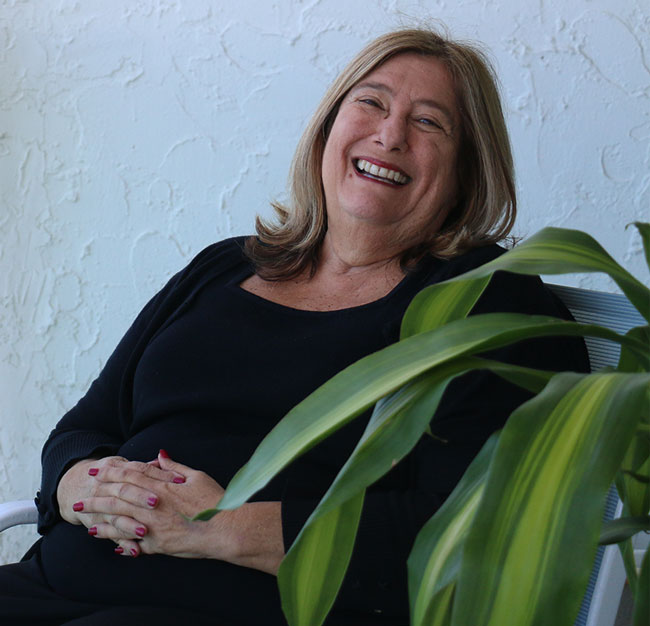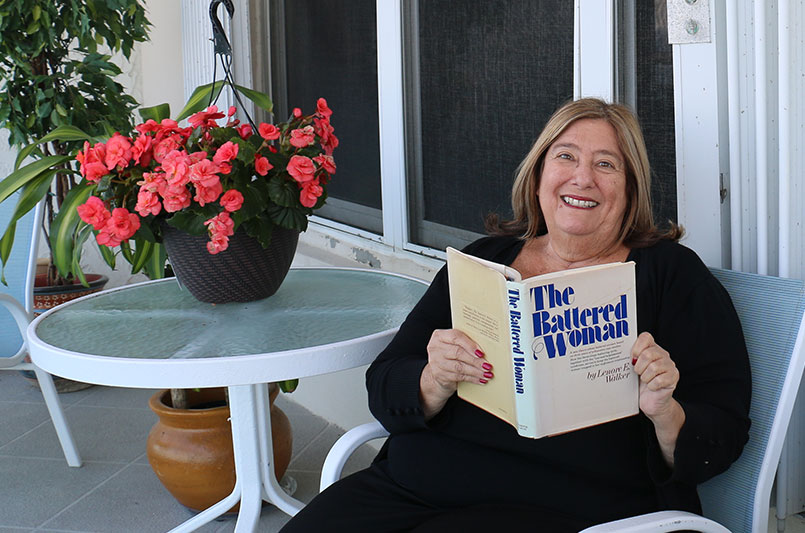
Research
Supporting Domestic Violence Victims Worldwide.Over 40 years ago, I began my research on the psychological impact from living with domestic violence. I had just received my doctorate from Rutgers and was a clinical professor on the medical school faculty at the then College of Medicine and Dentistry of NJ where we were looking at child abuse. Some of the mothers we were seeing there told of how they were being beaten by their husbands or partners. I began to collect their stories. Feminist literature including MS. Magazine printed stories about battered women shelters in England and the legislative studies by the British Parliament.
After I moved to Denver in 1975, I asked my Congresswoman, Patricia Schroeder if she knew anyone in England studying the problem. She connected me with Members of Parliament there and I spent several weeks traveling around their country talking with people providing shelter for battered women including Erin Pizzey, one of the earliest pioneers. When I returned to the U.S., I interviewed other battered women and began to formulate my theories including Battered Woman Syndrome. From 1978 through 1981, I received over $250,000 from the U.S. government through the National Institute of Mental Health to test these theories and developed the Battered Woman Syndrome Questionnaire (BWSQ) to assess the psychological effects from abuse. When I became a professor at NSU College of Psychology I continued my research on the BWSQ and most recently, working together with several methodologists and statisticians at NSU COP we validated the assessment measure. We are continuing this research to develop a simple assessment tool so that others can use it to determine if someone is experiencing Battered Woman Syndrome. Check out our presentation at the APA 2017 in DC.
False Confessions of Women
In the 1990s, Peter Neufield and Barry Sheck began to research men who falsely confessed to killing someone as part of their Innocence Project. Many of these men were later exonerated with the ability to test for DNA that did not match theirs. Although there are a number of reasons someone will falsely confess, often it has to do with how their perceive the interrogation by the police. In the cases of women, there is rarely any DNA, so exoneration of those who recant their false confession or other information to prove their innocence has been less available. Using several databases developed by the Innocence Project and other groups, our research has examined over 100 appellate cases to try to determine any patterns to the women who falsely confessed to killing someone. In most cases, it was a baby or child who was killed, usually by their abusive partners. Sometimes these women falsely confessed to protect the batterer. We are in the process of fully analyzing these cases and presenting papers and symposia at APA 2017 and other conferences with the data so far. View presentation slides on False Confessions Research here.


STEP: Survivor Therapy Empowerment Program
Using research obtained from the BWSQ described above, I designed a treatment program for battered women that now has been expanded to being used for those experiencing different types of gender violence. Together with Tara Jungersen, Ryan Black and Tom Kennedy other professors at NSU, we are empirically validating this 12 unit program that covers psychoeducational information, group process, and skill building for different topics that impact trauma survivors. STEP has been used successfully with women and men in jail awaiting trial for various alleged crimes. The program is being prepared for publication. View the STEP Presentation here.
Currently working on the fourth edition of the Survivor Therapy Empowerment Program (STEP) Manual.
Sex Trafficking
One of the most difficult areas to understand is the trafficking of humans, which is often called the newest known form of slavery. Children and adults are lured or kidnapped into sex trafficking rings around the world including in the United States. Together with our students, we have been studying how this occurs and what can be done about it. Many of the victims are being helped using an adapted version of the STEP program. We have given presentations and are about to publish our edited book, “Transnational Feminist Views on Sex Trafficking.” View the sex trafficking slides from the presentation at 2017 here.


Murder-Suicide Research
Together with Dr. Vincent Van Hasselt, a police officer and professor at NSU COP we have worked with students in reviewing the high number of murder-suicides in the state of Florida. We have found that the three highest risk areas are:
- Police officers
- Battered women
- Those involved in custody disputes
This research is being prepared for publication. View the presentation slides on at high-risk for homicide-suicide from the APA 2015 annual convention in Toronto, Canada.

